The latest Apple @ Work podcast episode dives deep into a fascinating question: what happens when engineers gain access to AI tools that are seamlessly woven into their existing Apple platforms? Industry expert Alan West joins the discussion to explore how artificial intelligence is reshaping the daily workflows of IT professionals, according to Tech Digital Minds. This isn't just another tech trend, we are witnessing a fundamental shift in how engineering teams approach everything from routine maintenance to complex problem-solving. The conversation reveals how AI has evolved from a helpful assistant to what many consider an essential partner in modern IT operations, with West highlighting how this transformation is creating what he calls "intelligent infrastructure management," where AI does not just react to problems but proactively prevents them, as reported by Tech Digital Minds.
How AI transforms engineering workflows on Apple platforms
The integration of AI tools into Apple's ecosystem represents more than a few new features, it is opening up new ways to work. What stands out is Apple's move to make AI accessible through platforms engineers already use, no external APIs or cloud dependencies required, 9to5Mac reports. Engineers get powerful AI with on-device processing, so response times stay quick and privacy stays tight. For teams handling sensitive infrastructure data, that architecture is a game changer.
So what does that look like on a Tuesday at 2 a.m. during an outage? AI now helps IT pros crunch huge data streams in minutes, not days, enabling faster decisions, according to Tech Digital Minds. Think about monitoring server performance across hundreds of endpoints or correlating network traffic patterns with security events. Patterns that once demanded manual sleuthing are surfaced in real time.
On top of that foundation, these tools automate repetitive work that used to swallow entire afternoons, freeing engineers to focus on system architecture planning and proactive security hardening, as noted by the same source. Just as important, AI can spot trouble before it snowballs, analyzing log patterns, resource trends, and user anomalies to forecast outages or performance dips, Tech Digital Minds reports.
The privacy-first advantage for enterprise teams
Apple's distinctive approach to AI gives enterprises a strong privacy posture. Unlike traditional cloud-based AI, on-device processing means sensitive engineering data stays local, according to Built In. That is a relief for teams running proprietary systems or compliance-heavy environments, the kind of data that keeps security officers awake when it leaves the building.
When a task needs extra horsepower, the company leans on "Private Cloud Compute" for heavier jobs, while maintaining strict encryption and data controls, Observer notes. If cloud processing is required, for example to analyze massive log files or run complex predictive models, Apple keeps user data inaccessible to anyone except authorized users, delivering enterprise-grade security for AI-driven workflows. A hybrid model without the hand-waving of a simple trust-us pitch.
What makes this even more interesting is that Apple's foundation models operate with approximately 3 billion parameters optimized specifically for Apple hardware, delivering efficient performance without compromising data security, Medium reports. Strong enough for code analysis, infrastructure monitoring, and incident response, yet efficient enough to run locally without the latency that dogs cloud-only setups.
Real-world applications transforming IT support
AI in engineering workflows now goes far beyond simple automation. Modern tools can identify and respond to threats in real time, shoring up an organization's security posture, Tech Digital Minds reports. This is a shift from reactive defense to proactive detection. Instead of waiting for alerts after the fact, engineers can watch risks emerge, from unusual authentication patterns to suspicious network correlations.
Troubleshooting has taken a similar leap. AI-powered diagnostics speed up root-cause analysis, which lifts user satisfaction across the org, according to Tech Digital Minds. Picture an assistant that connects error patterns across systems, checks them against incident history, then suggests a targeted fix before anyone files a ticket. It is like scaling a senior engineer's intuition across your entire environment.
The scope of development tools has expanded too. Apple's ecosystem now offers over 250,000 APIs across areas like AR, health, graphics, and machine learning, giving engineers rich building blocks for custom monitoring, automated deployment, and intelligent diagnostics, ADT Magazine notes. The Foundation Models framework lets developers add generative AI with a few lines of Swift, making advanced features accessible to teams regardless of AI expertise, and yes, your network admins can build smart alerting without a PhD in machine learning, as reported by ADT Magazine.
What this means for the future of engineering work
The shift underway is bigger than individual productivity, it is reshaping engineering as a discipline. Analysts project Apple could have ~250 million Apple-Intelligence-capable devices by the end of 2025 signals the scale of change, Medium reports. As adoption spreads, AI-enhanced workflows will become the baseline, not a nice-to-have. Teams that do not adapt risk falling behind in speed and capability.
The podcast discussion with Alan West underscores a key point. These tools do not replace human expertise, they amplify it, creating what some experts call "superagency" in the workplace, McKinsey research indicates. Engineers can spend more cycles on hard problems, designing resilient distributed systems or implementing zero-trust architectures, while AI handles monitoring, alerting, and first-pass diagnosis.
The core insight from the Apple @ Work episode is simple. Success depends less on the toolset and more on how teams reshape workflows and skills to use it well. As Apple expands language and regional support for its AI features, according to Medium, adoption will spread across global engineering groups. The bottom line, engineering work is not disappearing, it is getting more strategic, more preventive, and, honestly, more interesting. Those who lean in will move from maintaining infrastructure to architecting intelligent systems.




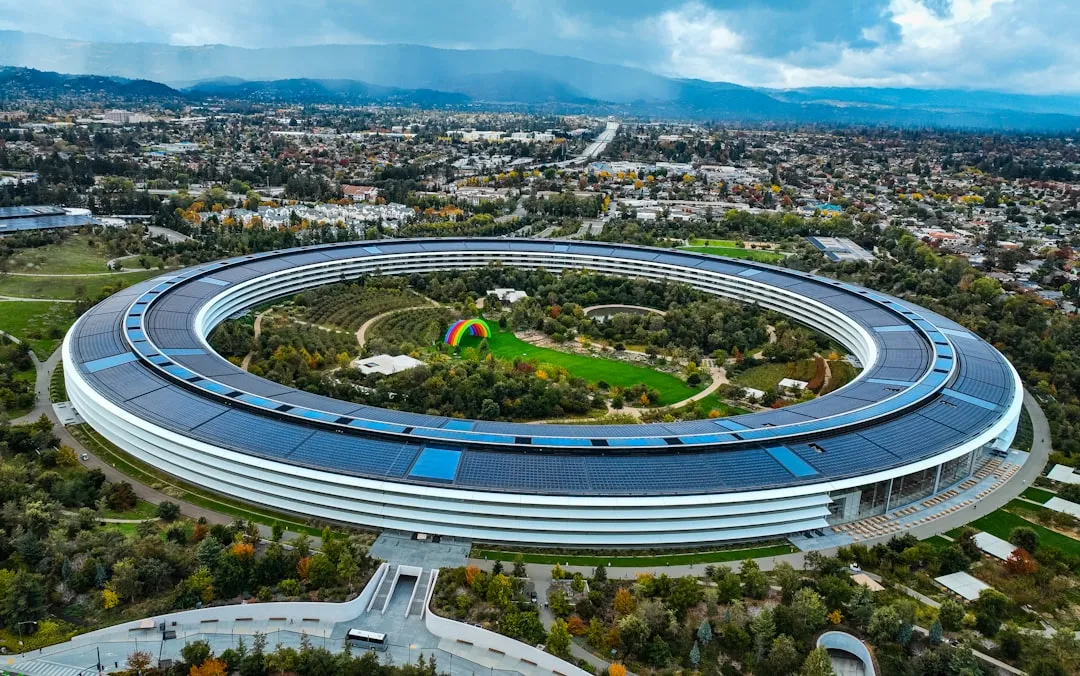
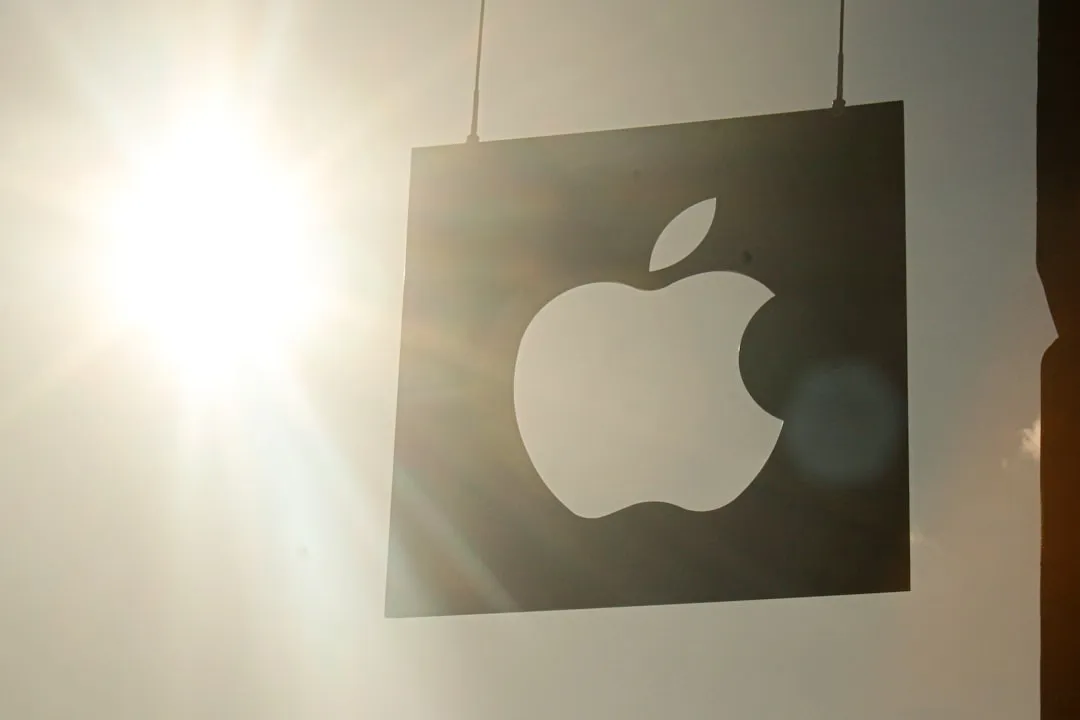



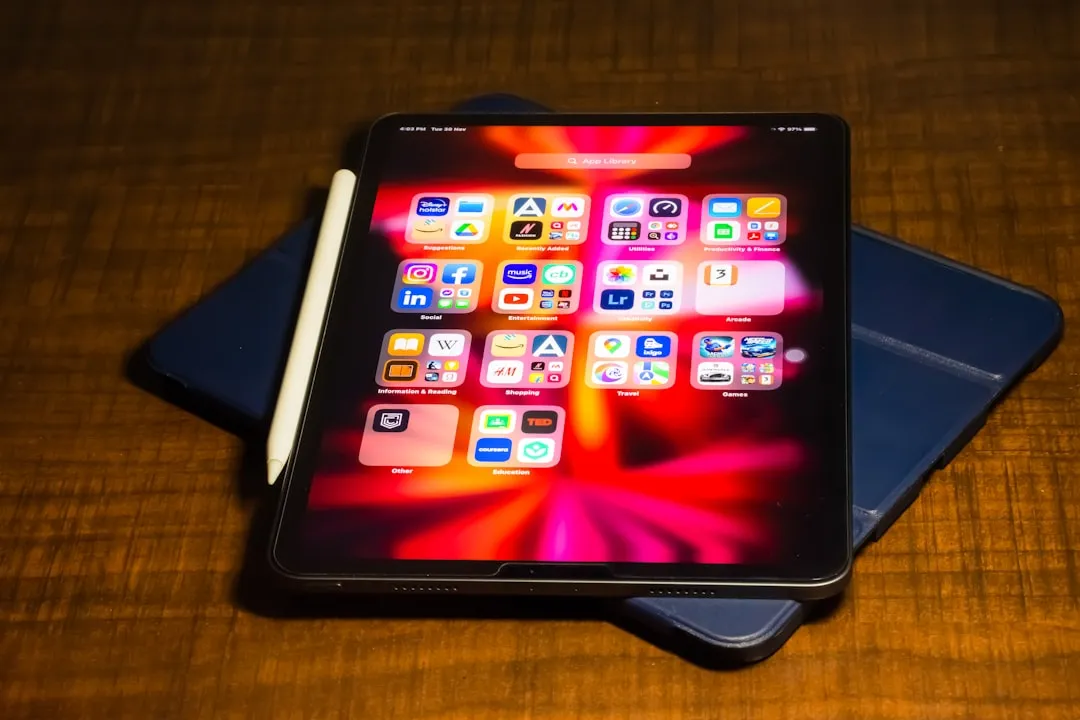
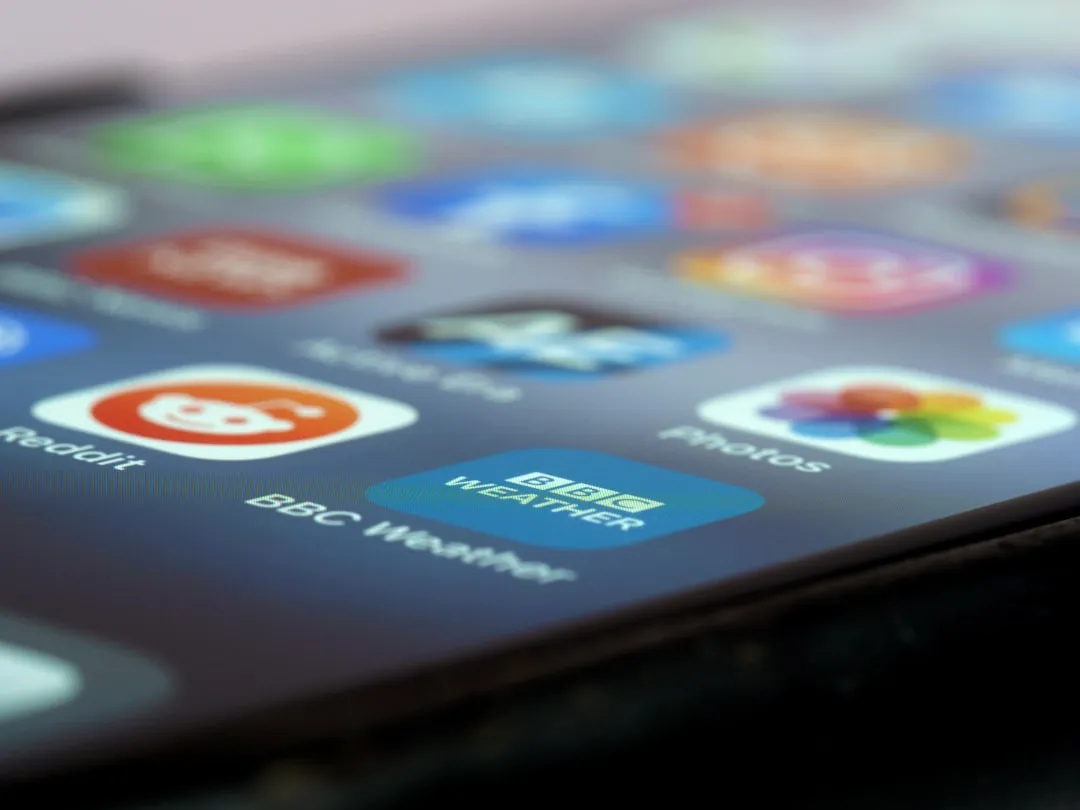
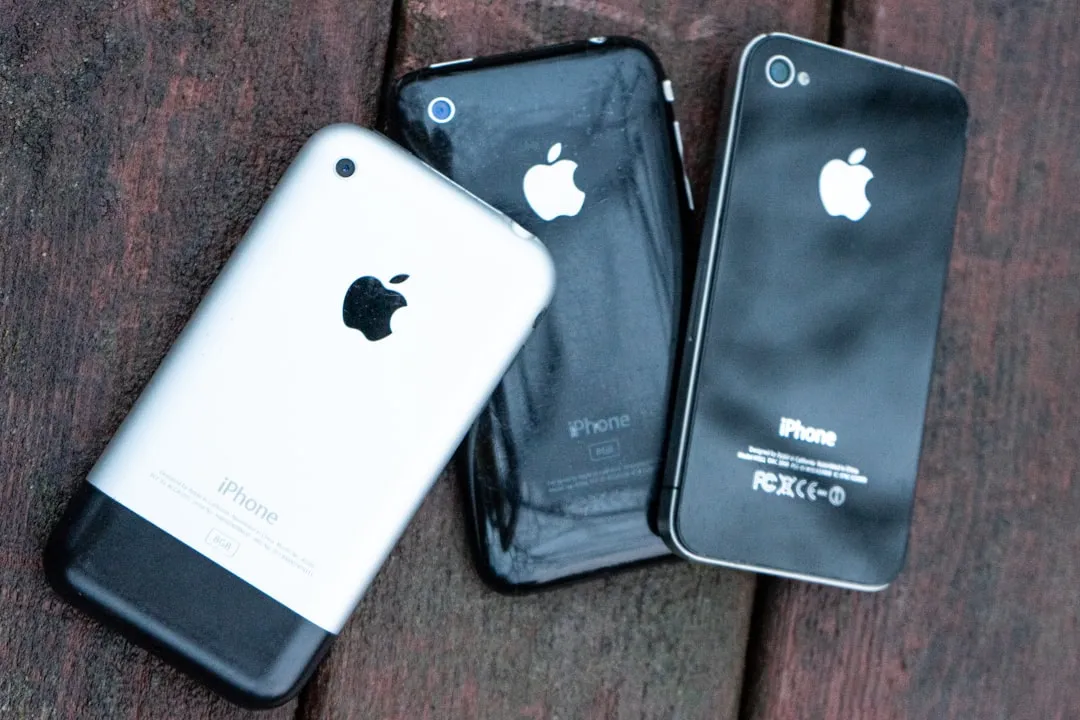

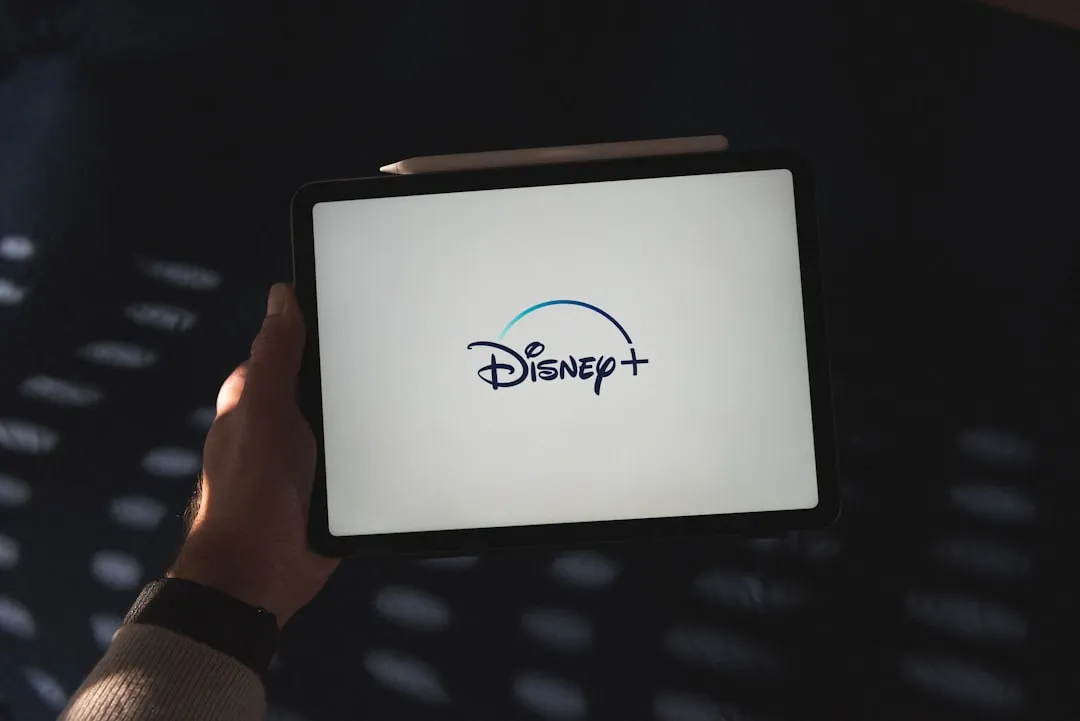
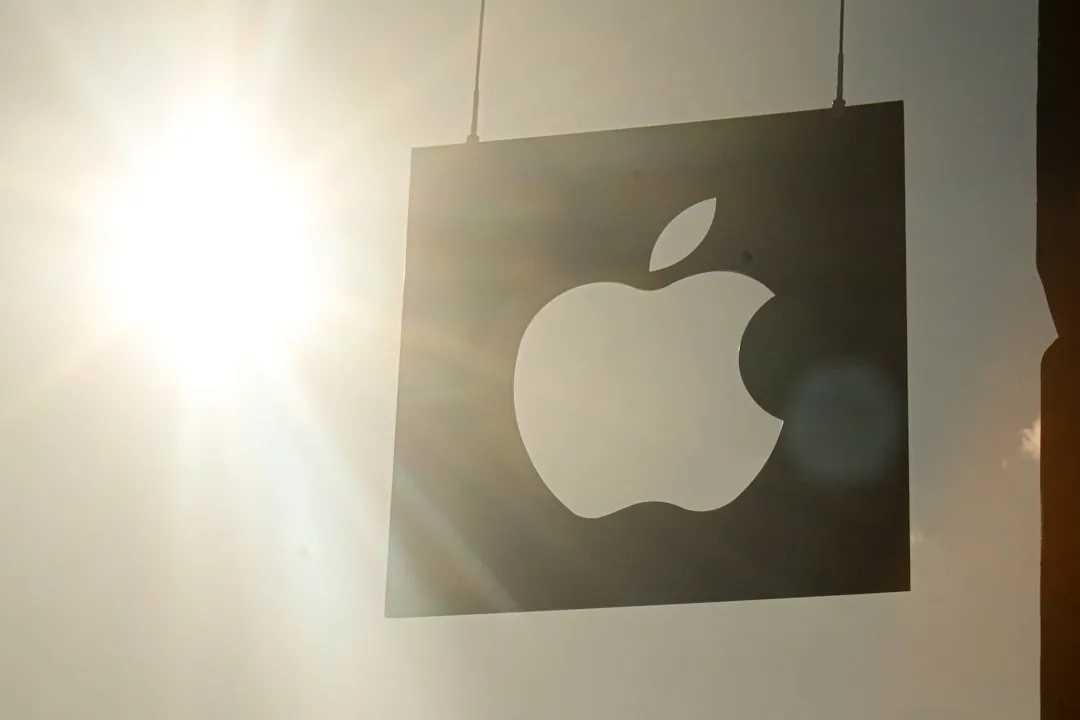
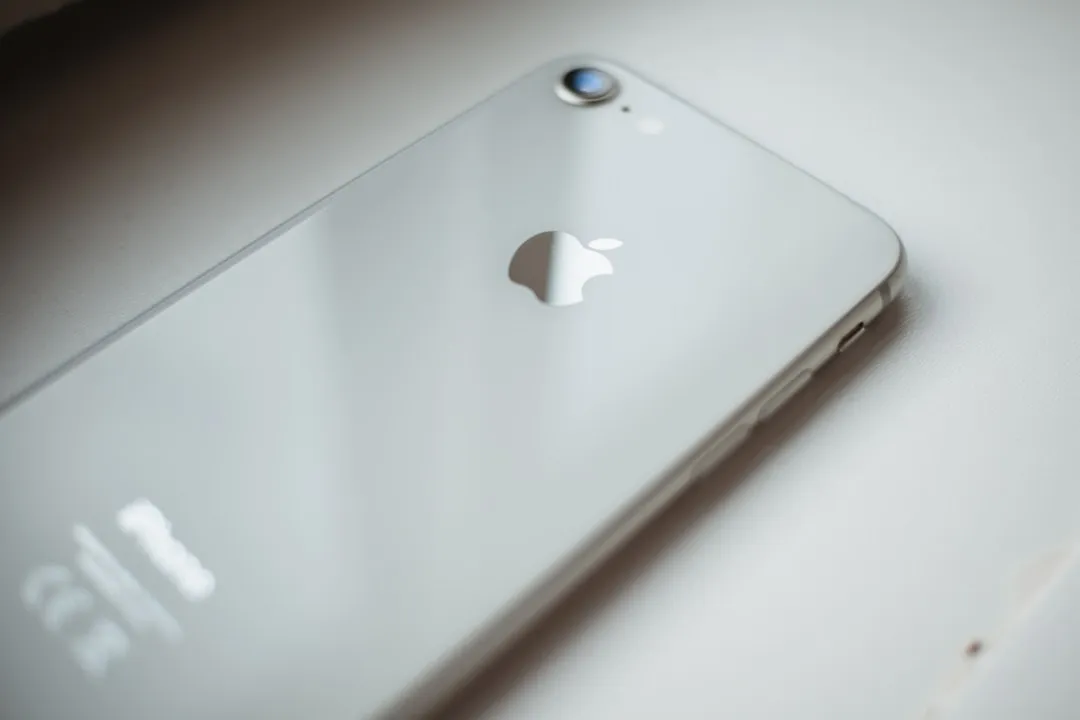
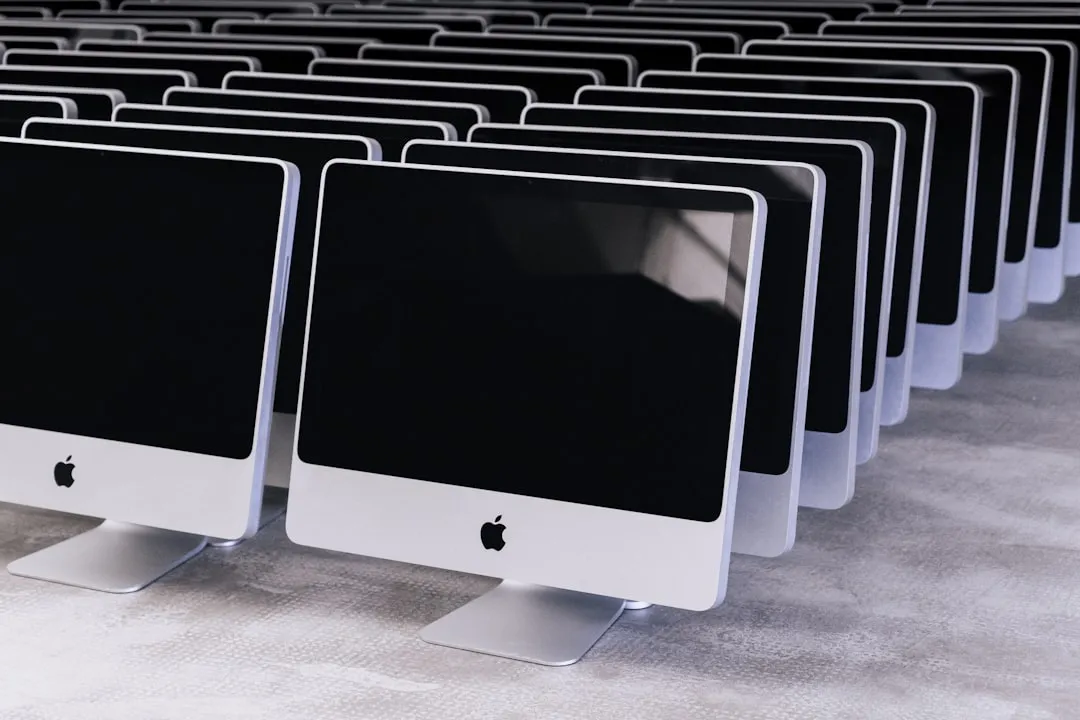
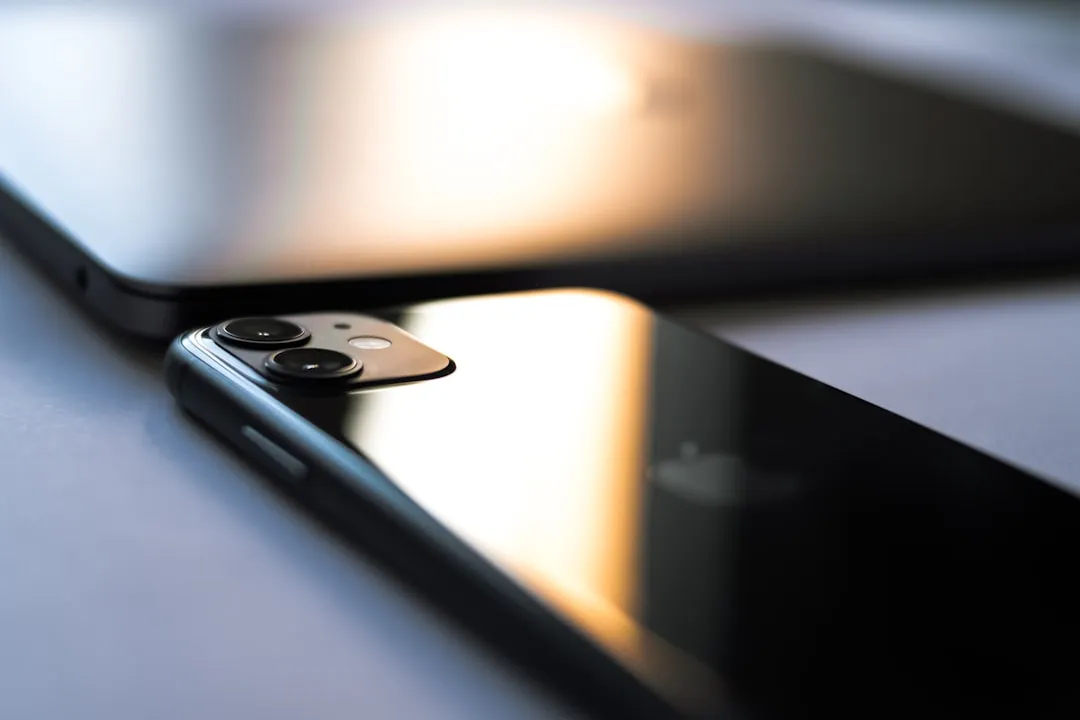
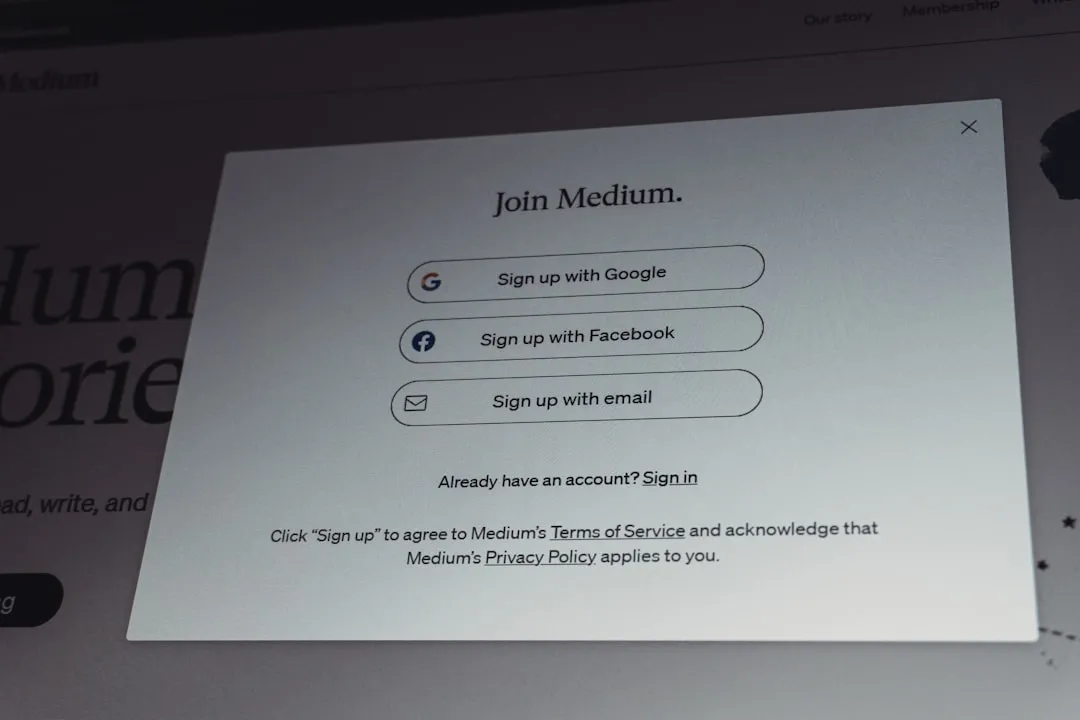
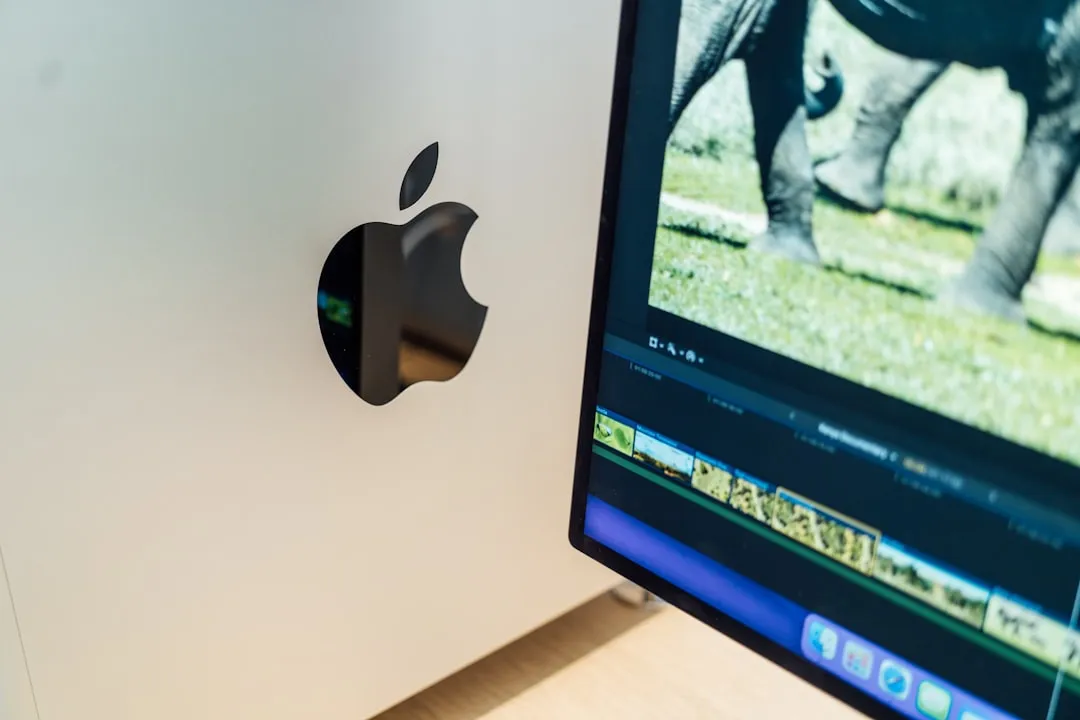
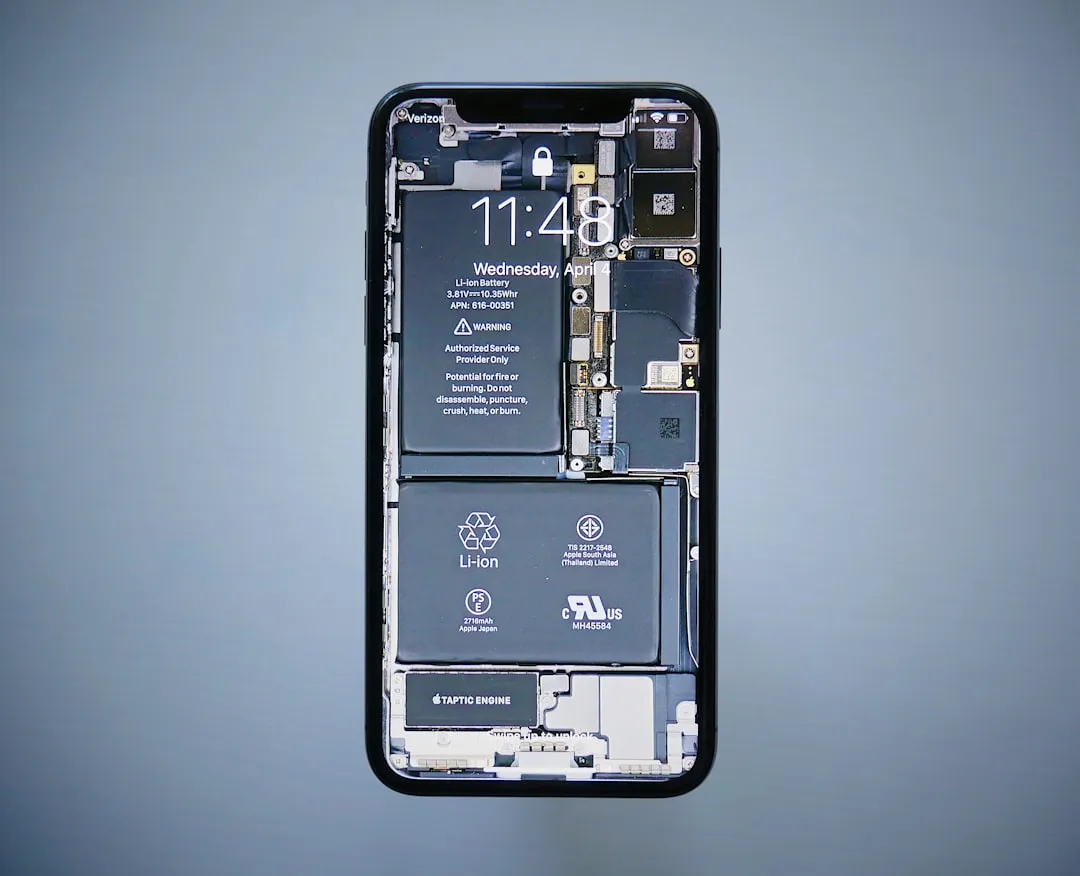

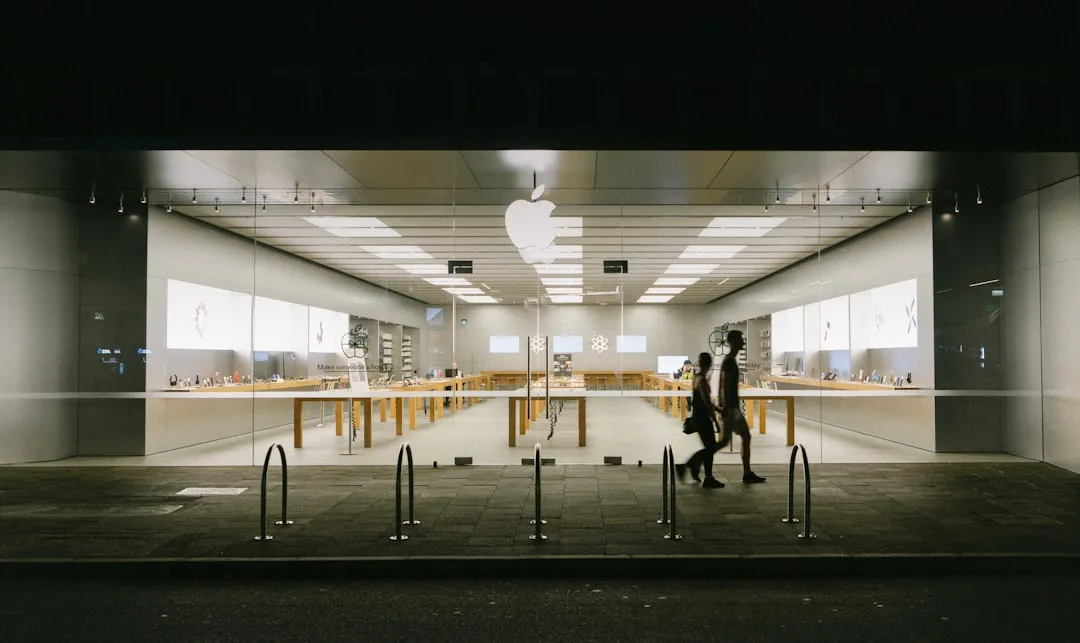
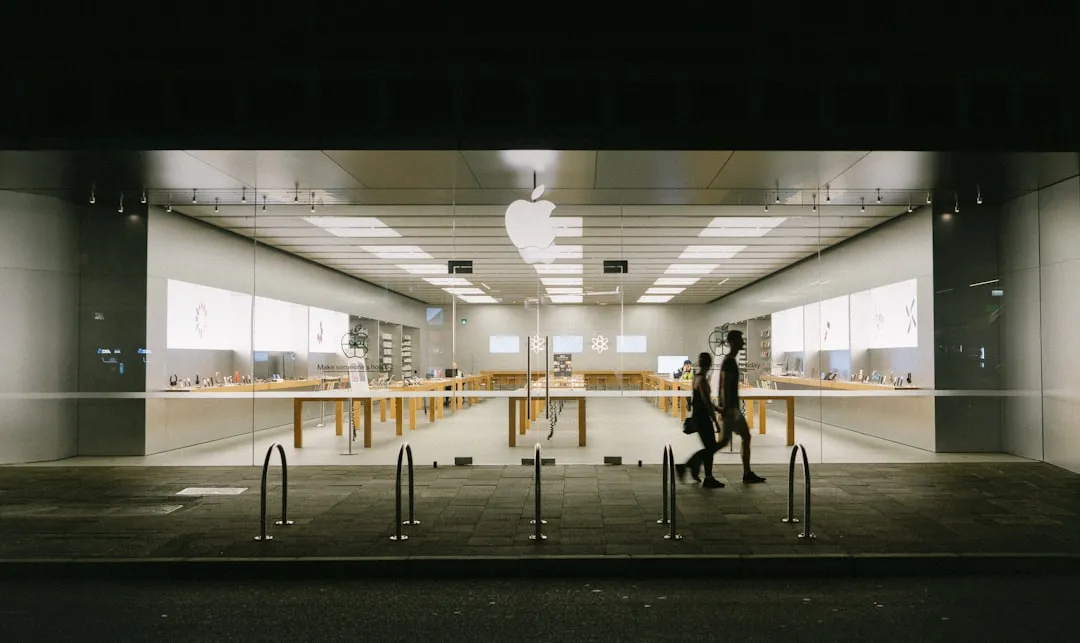

Comments
Be the first, drop a comment!